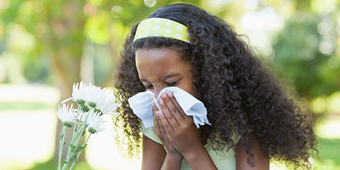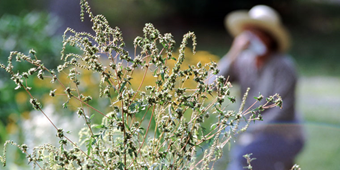Peanuts for Babies: Why Parents Can Trust New Recommendations
Premier Health Now
Jan 24, 2017

Find Your Perfect Match
Answer a few questions and we'll provide you with a list of primary care providers that best fit your needs.
Premier Health Now talked with pediatrician Paul Weber, MD, from The Pediatric Group in Piqua, Ohio, who reassures parents that the guidelines present the safest, healthiest option for children, built on rigorous, current science.
“The recent studies on peanut allergies support the hypothesis that if you introduce antigens at an early age, the body is less likely to see them as a threat and react,” Dr. Weber says.
“Nothing in Medicine is 100 Percent”
Dr. Weber emphasizes that following the new guidelines won’t totally eliminate peanut allergies in children but should reduce the numbers of children who develop the allergies.
A current, large British study concluded that by age 5, those children who ate peanut-containing food early in life had an 80 percent reduced risk of developing a peanut allergy.
Further studies have confirmed the findings, Dr. Weber says. He adds that previous ideas about avoiding peanuts at an early age were based on the best research available at that time.
“Nothing in medicine is 100 percent, but these new recommendations were rated by the medical community as having a high level of confidence and, hopefully, will hold up in follow-up studies over time,” he explains.
For parents who have regrets about following previous guidelines, he counsels, “It’s no one’s fault. Recommendations change as we continue to reexamine previous recommendations. The other option would be not to do studies at all.”
He continues, “The bottom line is that the new recommendations will ultimately reduce the risk of peanut allergies. As of right now, this is the best practice we have.”
As always, be sure to consult your child’s health care provider about how to manage your child’s allergies.
Find Your Perfect Match
Answer a few questions and we'll provide you with a list of primary care providers that best fit your needs.
Source: Paul Weber, MD, The Pediatric Group; American Academy of Pediatrics; New York Times





